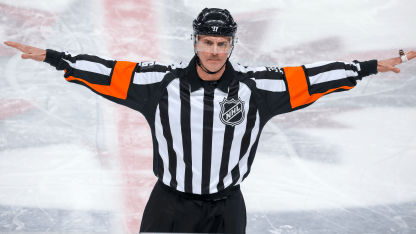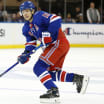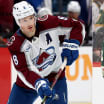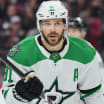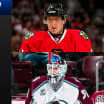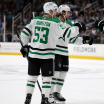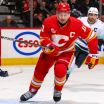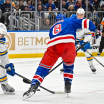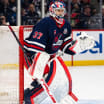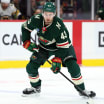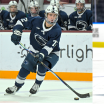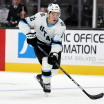MANALAPAN, Fla. -- The process for video review and the potential to expand the coach's challenge rule are again topics of discussion at the annual March meetings of the NHL general managers that began Monday and will run through Wednesday.
It was among the topics talked about in small group breakout sessions Monday and will be brought to the entire group of general managers and League executives here Tuesday for further discussion.
"We talk about that every meeting," said Colin Campbell, the NHL's senior executive vice president of hockey operations. "I talked to the NFL at one point at the outdoor games in Jersey and their challenge is like ours and all sports, where do we go in trying to make our game perfect with video review and how long does it take to make those reviews?"
Campbell said the discussion Monday included a conversation about allowing coaches to challenge plays involving pucks shot over the glass from the defensive zone that should or should not result in a delay of game penalty.
The coach's challenge rule is currently allowed to be utilized on plays involving goals scored off a potential offside, goalie interference or missed stoppage.
Adding a challenge for pucks shot over the glass would be allowing coaches to initiate a video review for a potential penalty.
"We talk about it all the time and we discussed that pretty thoroughly today," Campbell said. "Should we look at taking the penalty down and adding a penalty, or just taking a penalty down?"
